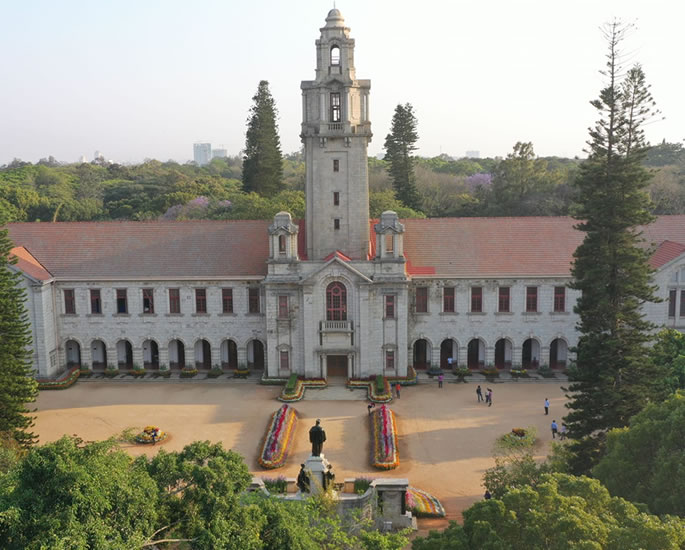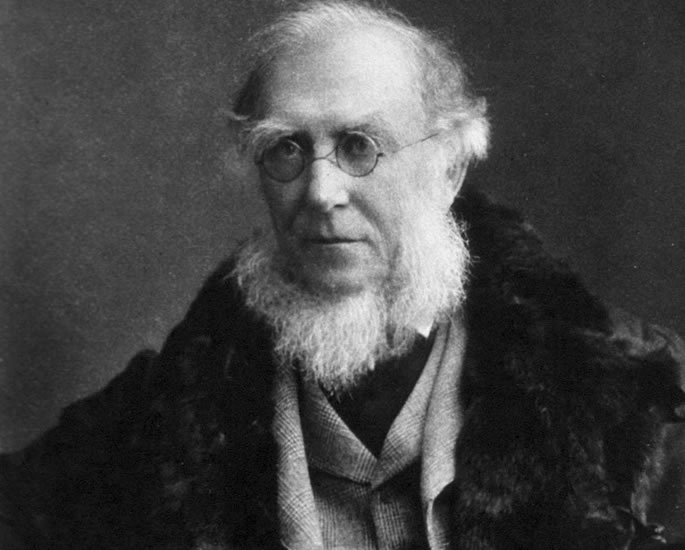The Iron Pillar of Delhi is an example of these early sciences.
British-occupied India was known for its philosophical and scientific developments as well as accomplishments in the areas of architecture, medicine and astronomy.
With the British rule of India, a slow change in perception occurred worldwide.
Indian scientific developments and advances were diminished and replaced with British ideas of what ‘true’ scientific advances are.
We look at some of the scientific advances that were achieved whilst Britain occupied India and what this meant for the future of India and Britain respectively.
Science in Pre-Colonial India
The idea that India had little interest in the growth of knowledge and knowledge exchange pre-colonisation is a grave error.
Presumptuous British attitudes alluded to the backwardness of the intellectual prowess of Indian society. This was an inherently discriminatory and problematic belief.
India consisted of a collection of kingdoms and empires under the Mughal rule with no centralised unified idea of India.
The idea of a single Indian territory was solidified under the British Raj but this did not mean that society was uncivilised.
Rather the Mughal empire was looked at with envy and admiration by Europeans.
The scientific methods employed by pre-colonial Indian scientists allowed for many ideas still employed today in various fields.
Before the Brits ever arrived in the Indian subcontinent, it was recently discovered to be the potential cradle of civilisation.
Historians originally thought the Egyptian and Mesopotamian civilisations were older than the Indus Valley civilisation but recent discoveries have called this into question.
Archaeologists have discovered signs that the first forms of irrigation and land cultivation were in this area and found evidence of metallurgy and iron casting.
The Iron Pillar of Delhi is an example of these early sciences. It also had Sanskrit inscriptions. This is another example of the early study of linguistics and language.
This pillar has survived after all these years due to the fact the iron was corrosion-resistant.
The notion of standardisation of measurements was also developed in the Indian subcontinent. This is the basis of modern-day measurements, which is critical to any scientific practice today.
When archaeologists look at ancient Indian civilisation in comparison to the Greeks, for example, the ideas being discussed and discovered were the basis for a lot of modern-day sciences which were adopted by other civilisations.
Science in the British Raj
When the British colonised India, they established a mix of practices. Some were positive and helpful to the Indian population and others, not so much.
The British colonial administration established several scientific institutions in India, such as the
Indian Institute of Science in Bangalore, the Indian Association for the Cultivation of Science in Kolkata and the Tata Institute of Fundamental Research in Mumbai.
These institutions played a crucial role in promoting scientific research and education.
As well as this, the British also introduced a Western-style education system, teaching the likes of maths, physics, chemistry and biology.
This led to the adoption of the English language in many educational institutions, which had a profound impact on Indian scientific studies.
The British occupation also had a detrimental effect on the indigenous knowledge systems prevalent in India.
Traditional practices in fields such as medicine, agriculture, and astronomy were unfortunately marginalised or suppressed in favour of Western scientific methods.
The British utilised scientific knowledge for their administrative and economic purposes in India.
For example, advancements in transportation and communication technologies were introduced to facilitate trade and governance.
However, these developments were often prioritised to serve colonial interests rather than
benefiting the local population.
But it should be noted that following the introduction of railways, India now has the world’s most extensive railway systems.
Projects developing bridges and irrigation systems were also carried out. These projects involved scientific principles of engineering and contributed to the modernisation of India’s infrastructure.
Notable Studies
The British conducted various surveys and documentation of India’s natural resources, flora, fauna and geology.
These efforts laid the foundation for systematic scientific studies in these fields, contributing to the development of disciplines like botany, zoology and geology in India.
Extensive botanical studies were carried out, leading to the documentation of thousands of plant species.
One notable example is the work of botanist Sir Joseph Dalton Hooker, who explored the flora of the Himalayas and other regions, contributing significantly to the understanding of Indian plant biodiversity.
The Geological Survey of India (GSI) was established in 1851 by the British to conduct systematic geological surveys across the Indian subcontinent.
These surveys helped in understanding the geological structure of India, mapping mineral resources and identifying potential sites for mining and exploration.
The British established observatories in India to study celestial phenomena.
One prominent example is the Madras Observatory, founded in 1786, which played a crucial role in observing and recording astronomical events such as eclipses and planetary transits.
Sometimes Indian scientists were given their due credit. Indian mathematicians like Srinivasa Ramanujan made significant contributions to the field of mathematics during the colonial period.
Ramanujan’s work on mathematical analysis, number theory and infinite series attracted the attention of British mathematicians, leading to collaborations and publications that advanced mathematical knowledge.
The British also promoted medical research in India, leading to advancements in fields such as tropical medicine and public health.
Research on malaria, cholera and tuberculosis was conducted, leading to improved understanding and control measures.
Finally, the British encouraged studies in linguistics and philology, leading to the documentation and analysis of Indian languages.
Scholars like William Jones made significant contributions to the study of Sanskrit and other Indian languages, laying the foundation for comparative linguistics.
Scientific studies in India provided valuable insights into the country’s natural resources, including minerals, forests and agricultural lands.
However, the exploitation of India’s natural resources was a tragedy for the Indian people.
The British were smart in the way they exploited India, they were largely looked at as positively contributing to Indian society, unbeknownst to the population at the time.
Scientific studies in India during the British colonial period served the interests of the British Empire by supporting economic exploitation, technological advancement and cultural dominance.
The discoveries at the time established Britain and British scientists with prestige around the world and these benefits contributed to the maintenance of British rule in India for nearly two centuries.
The knowledge acquired from all the studies carried out enabled the British to exploit India’s resources more efficiently for their economic gain, supporting and bolstering industries in Britain on the back of the exploitation of Indians.
































































